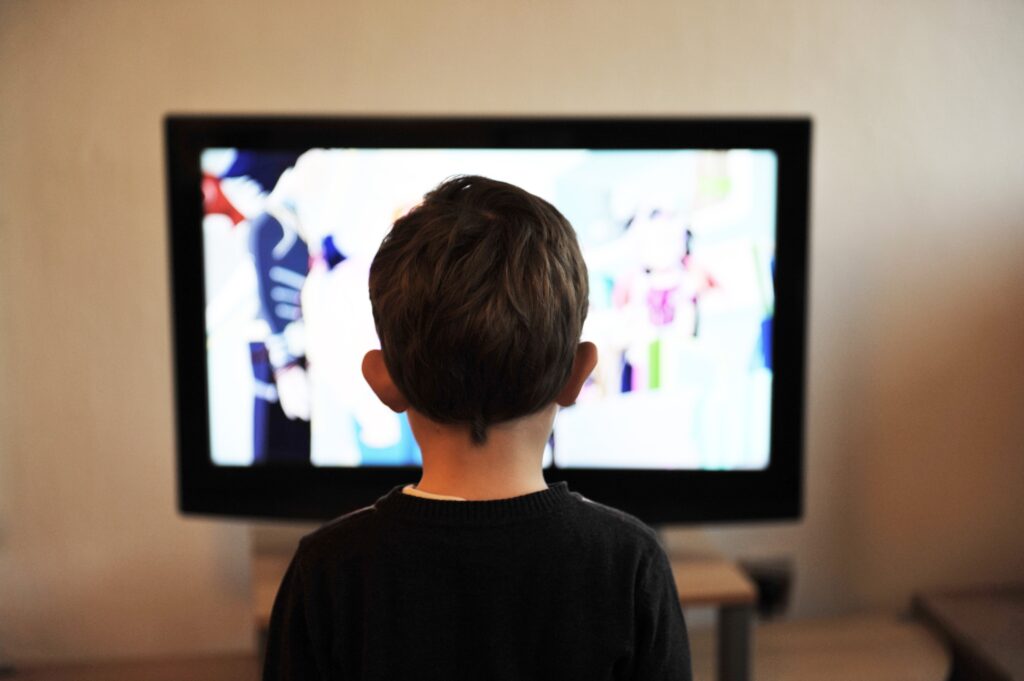In the ever-evolving landscape of technology and communication, Marshall McLuhan‘s profound insights into the nature of media have remained remarkably prescient. His seminal concept ‘the medium is the message’ underscores the transformative power of media technologies, not merely as tools for transmitting information but as forces that reshape society and the human psyche.

The essence of McLuhan’s Theory
Media extend our physical and cognitive capabilities, altering not just how we communicate, but the very fabric of our social structures and individual identities. From the wheel extending our feet, to the smartphone extending our sense of presence, McLuhan’s theory suggests that every medium or technology amplifies certain human faculties while simultaneously numbing others.
Understanding media extensions
- The wheel = extending mobility – McLuhan posited that the invention of the wheel was a pivotal extension of human mobility. It revolutionized transport and, by extension, trade, warfare and the structure of societies, demonstrating the profound impact of technological extensions.
- The printed word = extending consciousness – The advent of the printing press in the 15th century democratized knowledge, extended literacy and fostered the individualism that became the hallmark of the Renaissance and the Enlightenment. McLuhan viewed this as an extension of the eye and the cognitive faculties, reshaping our perceptions and interactions with the world.
- The electronic age = extending the central nervous system – Perhaps most relevant to our contemporary context, McLuhan’s insight into electronic media, particularly television and the internet, depicted them as extensions of the human central nervous system. This interconnectedness fosters a ‘global village’, a term he coined to describe the worldwide social environment enabled by electronic media.
Navigating McLuhan’s landscape today
To navigate the complex landscape of the digital age, understanding McLuhan’s vision of media as extensions of man is crucial. It prompts critical questions about the societal and psychological effects of our media-saturated environment. For instance, how do social media platforms, by extending our social selves, influence our real-world relationships and self-perception? What are the cognitive implications of outsourcing memory and knowledge to the internet, an external brain of sorts?
Marshall McLuhan’s theory of media as extensions of man offers a powerful lens through which to examine the profound changes technology brings to our lives and societies. As we continue to grapple with the ramifications of these extensions, McLuhan’s work remains a pivotal reference point for understanding the intricate dance between humanity and its creations. Embracing his insights can empower us to navigate the digital age with greater awareness, fostering environments that enrich rather than diminish the human experience.